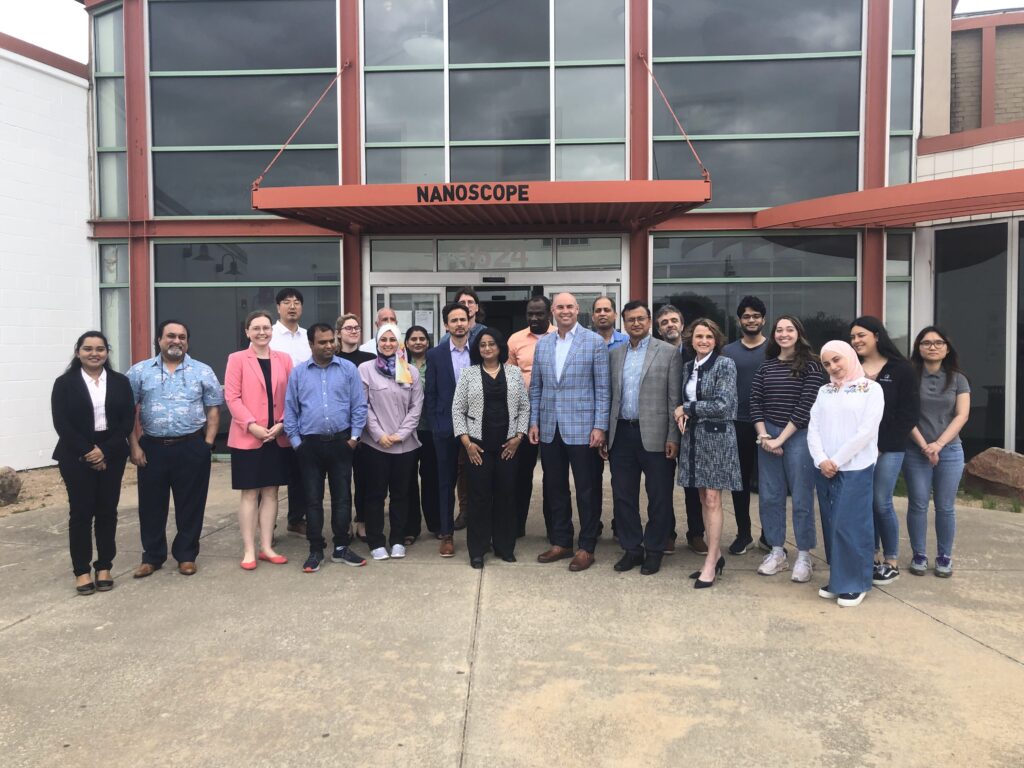Lessons from COVID, the Inflation Reduction Act (IRA), drug prices, drug shortages, Accelerated Approval and a lawsuit seeking to block use of an approved drug were among the hot topics discussed when Dr. Robert Califf, Commissioner of the Food and Drug Administration (FDA), dropped by the BIO International Convention on June 7.
In a broad-ranging conversation before a packed auditorium with Biotechnology Innovation Organization (BIO) CEO Rachel King, Dr. Califf took the occasion to address the biotech industry that his agency serves.
A few highlights below.
On the lessons of COVID:
“We learned what can be accomplished when we have a common goal and work together. … the ability to make mRNA vaccines and antivirals, and other things that have been so important. It was really a long-term public-private partnership. …
“We learned that all the best science in the world could be completely undercut by whatever it is in the combination of misinformation and culture that’s causing now both political parties to have extremists who are frankly anti-science and believe that you and we are in some kind of a conspiracy. …
“You know, people forget that it was like all of drug development. There were multiple vaccines that were started and only a few of them made it to finish line. Most things fail because Mother Nature is a lot more complicated than our brains.”
On drug shortages:


“The generics industry works on a whole different basis. The premise is the industry is copying drugs that are already proven to work and therefore the view has been the only basis of competition is price. And we’ve developed a system … you have the hospitals, pharmacies, and all that are buying. They signal from the hospitals and pharmacies to get us the lowest cost. These guys are getting better and better at getting the lower cost. …
“So, most of the shortages now are caused by two things. One is companies just go out of business—if you can’t make a profit, you’re going to go out of business. And the other is lack of investment in quality. So then, an FDA inspection occurs as a quality problem and then you have to fix it. That costs capital and no one’s going to invest in a money-losing business. …
“My personal view is there’s enough money in the system, in generics, but if the margins are going to the wrong people and we’re just going to have to invest more and have a system where quality is recommended …”
On legal challenges to FDA’s authority:
Rachel King asked Dr. Califf about recent legal challenge to mifepristone, which inherently undermines FDA’s authority.
“I can’t say really much of anything about the particular case except that we’re confident in the decisions that have been made, about the FDA decision-making in this case made by experts with access to all the latest scientific data. And, you know, this is something that’s been ongoing for over 20 years, and the data really haven’t changed. …
“We’re confident in our decision-making. We’re also very concerned about the impact of potential court decisions on what you describe…because most things fail. If you don’t sort out the things that don’t work, you could have an entire marketplace full of drugs where the risks outweigh the benefits. …
“And so we think it’s very important that that fundamental statutory basis for the existence of FDA continues to stay intact. And, you know, the implications of this go beyond your industry, obviously, big implications for patients and many other parts of society.”
On Accelerated Approval:
“My mom benefited from Accelerated Approval. She’s passed away now, but she got three or four extra years and died in her 90s with her multiple myeloma. And it was a tremendous benefit. I’m totally in favor of Accelerated Approval. …
“There’s FDA and CMS [Centers for Medicare and Medicaid Services]: FDA, safe and effective; CMS, reasonable and necessary. … It’s like a relay race. We run a lap and then we hand the baton to CMS. CMS doesn’t tell us what’s safe and effective. We can’t tell them what’s reasonable and necessary. …
“That baton handoff is very dependent on an evidence generation system that doesn’t exist in our country right now. Why did I have to call Israel to figure out what was happening with the vaccines? Because they had a national system with electronic health records. …
“But here we are with 340 million people with electronic health records, the smartest people in the world with the best technology. We need to have this data generation system that works and that should bring us together with CMS where this sort of a smooth transition and the better. …”
On advisory committees:
“We’re doing a stem-to-stern review of advisory committees at FDA now. You know, principle No. 1, which will not change, is that advisory committees are advisory. They write that into the law – for the FDA to get advice from experts in the field, which can be experts in biology or drug development or might be experts in patient experience. They’re not meant to make decisions. … If you think it can be done better, come up with a better system than full-time civil servants who are prohibited by law from having any financial interest in the matter at hand, making a suggestion based on years of expertise working in that field. If you think we ought to turn it over to politicians or judges or people who own stock in the companies—I mean, I don’t know. I’m. I’m wide open for better approaches.”




